
Blog
True love for great sound unites us.
Blog
True love for great sound unites us.
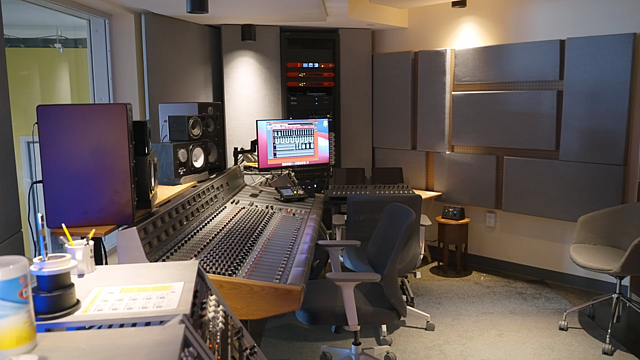
The Record Co. is a 501c3 nonprofit organization that operates a multi-purpose recording and rehearsal facility in South Boston stocked with state-of-the-art gear (including a healthy selection of LEWITT microphones!), treated rooms, and incredibly affordable hourly rates. Their mission is to remove the technical and social barriers between music makers and their creative visions through affordable music workspace and professional development opportunities.
We took a tour of their studios and sat down with the founder and Executive Director, Matt McArthur, to learn more. You can watch the tour and interview below, or read the interview.
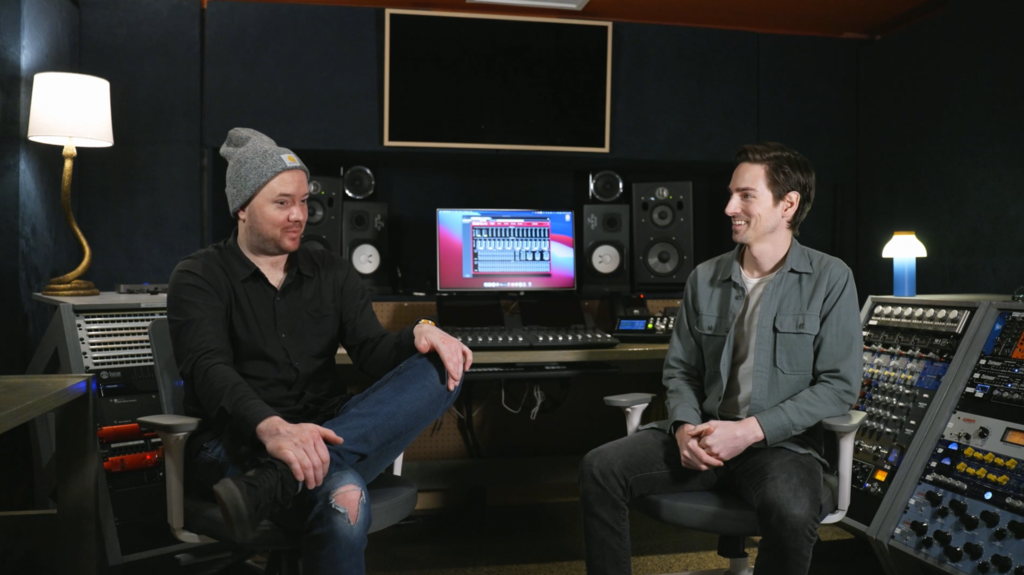
[edited for length and clarity]
What does it mean to be a nonprofit recording and rehearsal facility?
As a nonprofit, we're not owned by anybody. I would say the biggest difference is that the space is a community resource. It belongs to everyone. So, we as a staff are like stewards, or as our operations director Bobbie likes to say, “we're janitors.” And we love being janitors. I'm not kidding.
The work here is not to control or own the space. It's to provide a resource that anyone can use. We facilitate the art and the creativity of other people. And I would say a lot of that creative facilitation is something that you would see in a commercial studio too. But it's about it being essentially a public park or a community center for music making. But instead of a pool, we have a bunch of recording studios.
What sort of like projects do you get coming through here?
In the 20 rooms we have here in this 12,500 square foot facility, we host about 900 reservations a month for 2500 visitors. So, there's a lot happening here.
Rough cuts, It's about 30% hip hop, another 25 to 30% rock. And then the remaining balance is 10-12 other things, including a very healthy slug for “other” because, you know, “don't put me in a box, man!”. But as you walk up down the halls, it could be anything. Like as I was coming in, the guy that held the door for me was a bagpiper who's here every Wednesday and Thursday practicing bagpipes. And then another door opens, and you've got a metal band in there, and then a third door opens and someone's writing or improvising a verse for a hip hop or electronic song. So, it's really all over the map.
It's thousands of people. We have a very wide spectrum of career orientations or experience levels. Sometimes it’s a 15-year-old who’s just exploring all of this for the first time, trying to figure out which button does what. And then other times it's someone who makes 100% of their living as a as a music maker or as a technician.
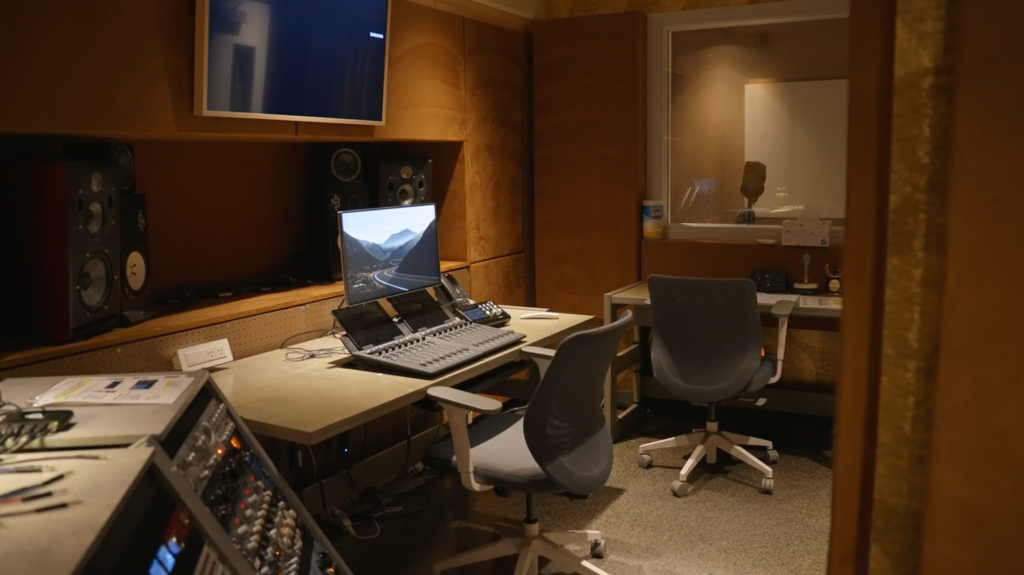
Your stated mission is “Removing technical and social barriers for people to be able to create art.” How does this space accomplish that?
There's a lot of different barriers to people being creative and making music. The big one is physical space. In a super expensive, super dense city, it's hard to afford space to create. And in many cases as a musician, you need some space that's outside of your home because you can't play a drum set In your apartment at 1:00 AM.
You could, but it wouldn't go well.
Yeah, you could, but you would hear about it, haha. There's a specific, physical need to go somewhere you can make a lot of noise. And in a city it's hard to find those kinds of places.
Then there's the issue of affordability. Right now, Artists and creatives have a hard enough time affording their rent a place to live, let alone rent on a separate space to work.
And then there's a lot of things related to cultural competence and racial and gender equity that are deeply baked into the music industry and the recording industry that make these kinds of spaces traditionally inaccessible. They put up a higher barrier for music makers of color. They put up a higher barrier for women and non-binary music makers.
And so in addition to making the physical space affordable, there's also the much more challenging issue of making the space culturally competent and welcoming for people with a diversity of gender and racial group identities.
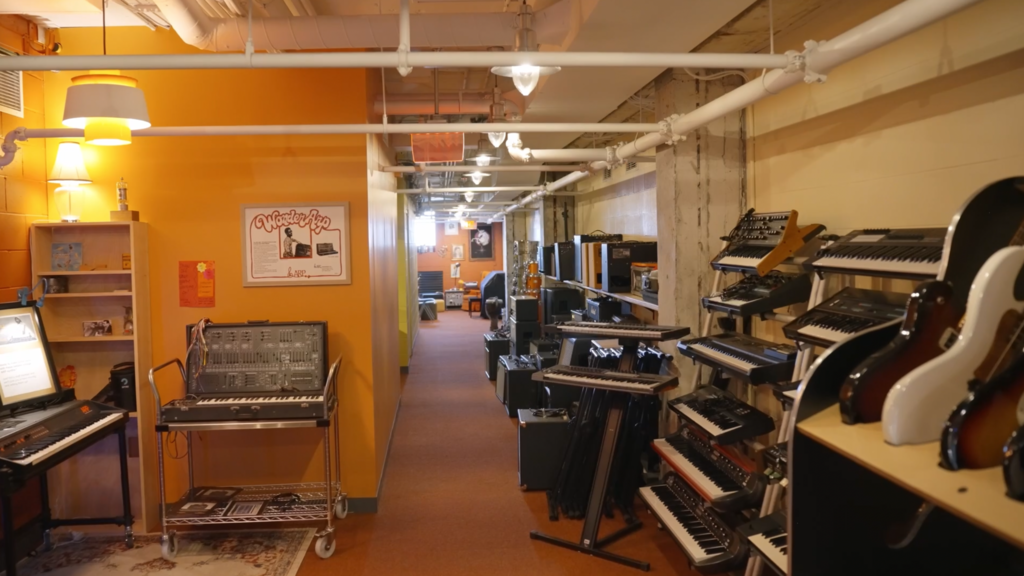
You have a lot more affordable rates than you would see in most spaces, how does that work?
A huge part of my job as the executive director, and for any nonprofit leader, is fundraising to financially support the mission. We have a lot of very generous donors, foundations, individuals, institutional partners who help to sustain this space and keep it affordable for everybody.
Other than the actual act or the need to raise that money in order to keep it affordable, our thinking about the way that affordability functions in the marketplace is that this is a space where you can make recording zero and then recording one and then recording two and by the time you've made recording two, you may be at a place where you want to start exploring other facilities with different technical capabilities. You may want to start exploring a facility that, unlike ours, has a staff of recording engineers and producers to help.
Because those human beings at the end of the day are the thing that's really going to make the difference. So, this is a very... sort of self service. You get this room, and you get the equipment. If I keep going with the pool metaphor right there, we have some lifeguards running around. If you get yourself into the deep end, we'll help pull you out but we're not actually teaching you how to swim.
You have to bring your own swim instructor.
Yeah, we're not perfect. We're not trying to make you make you into a championship swimmer. We're not here to tell you why you're in the pool. You have to decide that for yourself. And so oftentimes we see artists who are experimenting here who then go looking for those more next-level resources, either in terms of a physical facility or the human beings who happen to be installed at these other places.
So, we definitely see being an affordable entry level place as an important part of the larger ecosystem. And if we're doing our job, we're actually bringing people into a commercial quality recording studio who otherwise wouldn't be experiencing that. Our view is that we're actually growing the pie. We're indoctrinating people into the culture of being in a studio, helping them appreciate it, and as a result, increasing the overall size of the market of people who want to use studios.
Totally. I love that. If you can come to a space like this that's a lot more approachable and affordable and experiment, it gives you the vocabulary and experience to feel a little bit more confident to try other things.
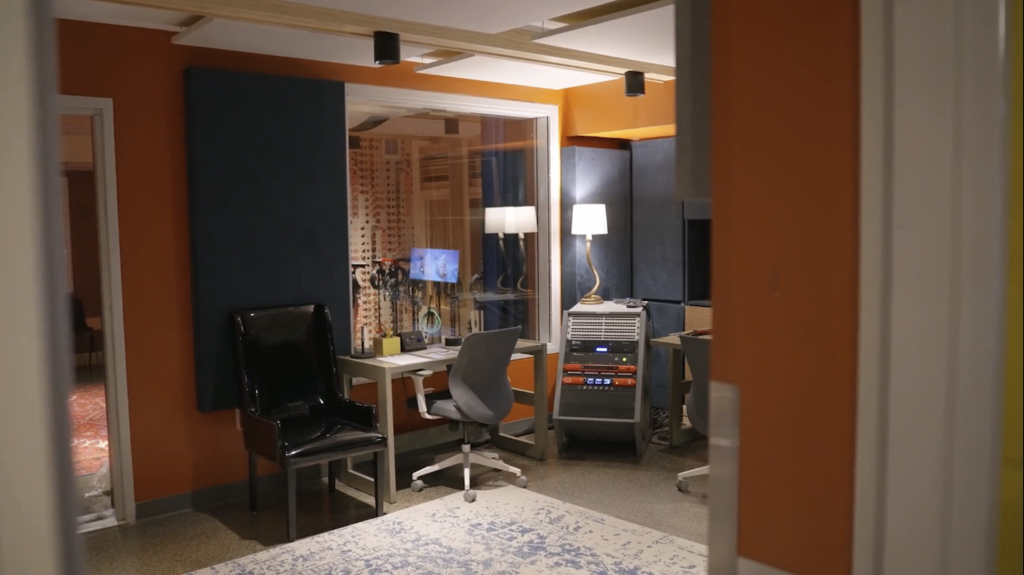
How do you see The Record Co evolving in the coming years and continuing to support the local music community?
Also, a great question. And that’s the question that the board, the staff, the community that we serve, and I are all tasked with collectively answering.
So, I would say the non-answer to your question is a lot of listening is required. I think the themes of what we’re thinking about are, how do we take what we're learning here in this facility and in all the kind of work that we do and share it?
Because at the end of the day, there's a need not just in Boston, but also beyond. There's a size of need that we'll never be able to meet. The reality is that there could be 100 new studios, a thousand new rehearsal rooms, and it wouldn't meet the need that music makers have. And so, we're not going to build all those rooms, but we're asking ourselves, in what ways can we share the knowledge, or the skill set that we have and enable other organizations, individuals, and startup businesses to help take on the work of making more space and resources available to music makers?
I think we're also trying to set a standard, like you know... have toilet paper. It's a good idea. You should have toilet paper, haha.
Haha, it's a big need in practice spaces, surprisingly, if you haven't used a band practice space.
Well, we definitely resonate with the kind of work you guys are doing and are grateful to be able to partner with you guys and offer up some LEWITT mics for the floating gear room for people to try out as they are here checking out the space.
And the feeling is mutual. I know that the 2500 folks that are using the space every month are getting a lot of good use out of the mics and are no doubt learning a lot. Everybody learns a lot when they put a new microphone they haven't used before up on a stand, push up a fader, and have a listen. So we are grateful for your support too.
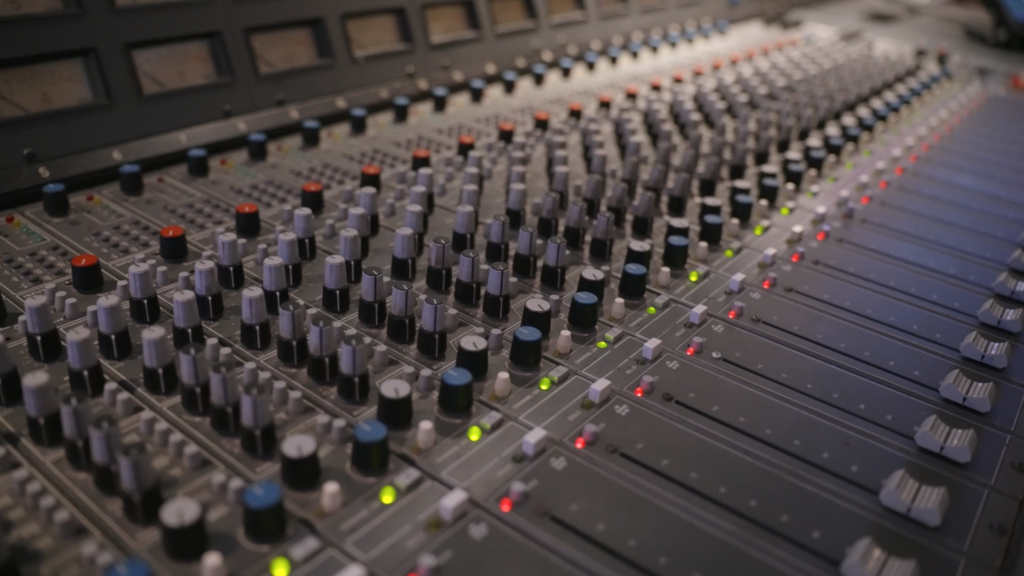
If you want to learn more about The Record Co, you can visit their website, therecordco.org. And if you're in the Boston area, be sure to pay them a visit and try out some of the various LEWITT mics in their gear locker including the LCT 240 PRO, LCT 440 PURE, LCT 540 S, LCT 640 TS, MTP 440 DM, LCT 140 AIR stereo pair, LCT 040 MATCH and the LCT 840.